Russia vows retaliation to threats from possible UK bases
Russia has warned Britain that it will retaliate any threat against its interests in the Caribbean and Southeast Asia, the two regions London is expected to establish permanent military bases in after leaving the European Union.
British Defense Minister Gavin Williamson said in late December that the UK military was working on plans to build at least two new overseas bases “within the next couple of years.”
Russian Foreign Ministry spokeswoman Maria Zakharova said Friday that while the UK had the right to consider such plans, Moscow would not hesitate to react against any threats posed by London's military expansion.
“In the event of any measures that pose a threat to Russia’s security or that of its allies our country reserves the right to take appropriate retaliatory measures,” she warned.
Zakharova described Williamson’s comments as "counter-productive," warning that the UK's military plans could cause instability considering the current state of world affairs.
"The pronouncements by the UK defense secretary in favor of further militarizing the British policy cause at least bewilderment," the diplomat said.
The only thing funnier than watching Brexit ministers discover the role of ports for their island nation and what it means to be a net importer of food is reading about ambitions for a British naval base in Southeast Asia https://t.co/KnhOHDBCyD via @scmpnews
— Jarrod Watt (@Jay_Watt) January 12, 2019
Williamson has yet to specify where the bases might be built. However, citing unnamed military sources, The Telegraph said they could be built in Singapore and Brunei.
The UK has long been flaring up tensions with Russia over what it described earlier last year as a growing threat from Moscow. It has also been showing interest in supporting Ukraine in a standoff with Russia over the Crimean Peninsula.
Back in November, London warned Moscow against using its growing military presence in the Sea of Azov, a strategic ocean route linked to the Black Sea by the narrow Strait of Kerch, where Russia has built a bridge to link the Crimean Peninsula with the mainland.
Ties between Russia and the rest of Europe have deteriorated since February 2014, when Crimea rejoined Russia following a referendum.
Possible tensions with China
Both Singapore, which already hosts a British naval repair facility, and Brunei, where a battalion of British soldiers are stationed, neighbor the strategic waters of South China Sea, which is mostly claimed by Beijing.
Brunei is also one of the countries that dispute China’s territorial claims over the sea. The others include Malaysia, the Philippines, Vietnam, and Taiwan, with whom the United States has taken sides to challenge Beijing’s sovereignty.
China is expected to consider the new British plan as a strategic threat to its sovereignty, something the US has been doing over the past years by expanding its military presence in the region.
Analysts say the military expansion plan is London's response to a possible decline in its influence following Brexit.
This is likely to prompt the government of Prime Minister Theresa May to consider increasing military relations with the United States, which is also challenging the Chinese sovereignty in the waters, Mark Valencia, an analyst at the National Institute for South China Sea Studies, told South China Morning Post.
He explained that Britain’s efforts to challenge China in the region was an ambitious move with consequences that the UK was not prepared for.
Earlier this week, the Chinese military scrambled warplanes and vessels to warn off an American navy warship which sailed near the Xisha Island chain, called Paracel by Beijing’s rivals.
China has constantly warned Washington that close military encounters between the air and naval forces of the two countries in the region could easily trigger miscalculation or even accidents at sea or in air.
VIDEO | Jordanians continue rallies to denounce Israeli genocide in Gaza, Lebanon
6 Israeli soldiers commit suicide: Reports
Diplomat discourages recourse to pressure, intimidation, confrontation against Iran
UN: 2024 deadliest year for aid workers amid genocide in Gaza
Gaza health official warns of hospital shutdowns within 48 hours
Israel kills 5 more paramedics in southern Lebanon: Health ministry
Iran to launch ‘new, advanced’ centrifuges in response to IAEA resolution: AEOI
Yemen fires hypersonic missile at Israeli airbase


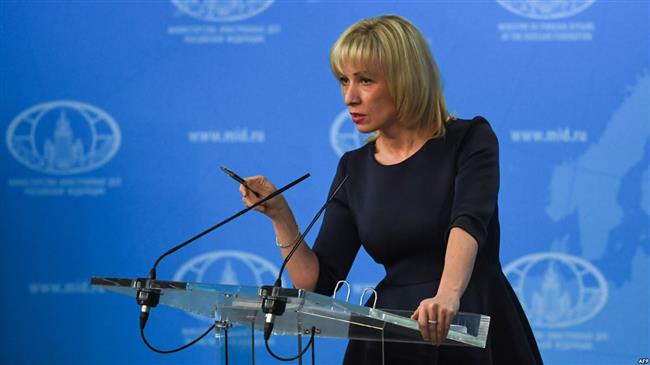



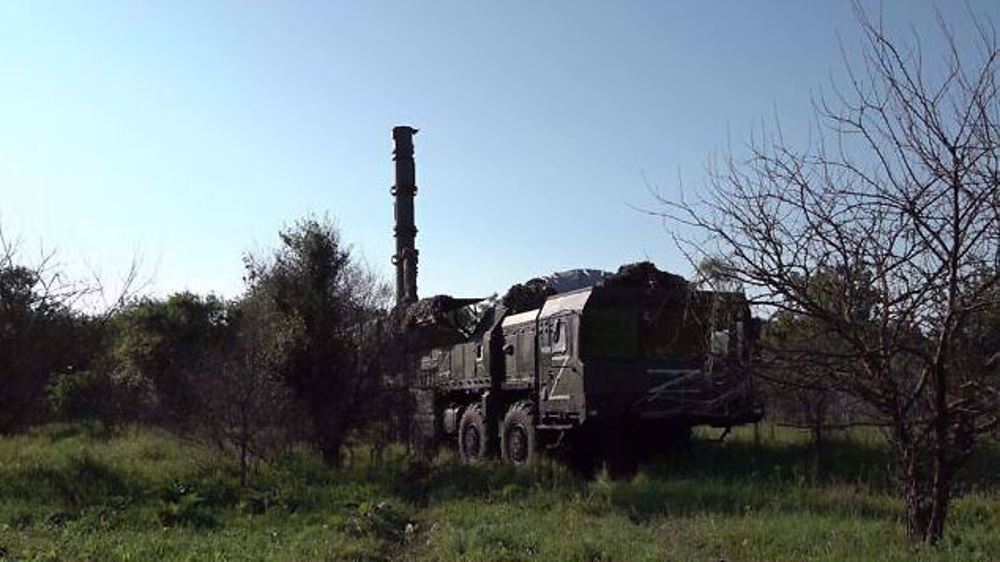
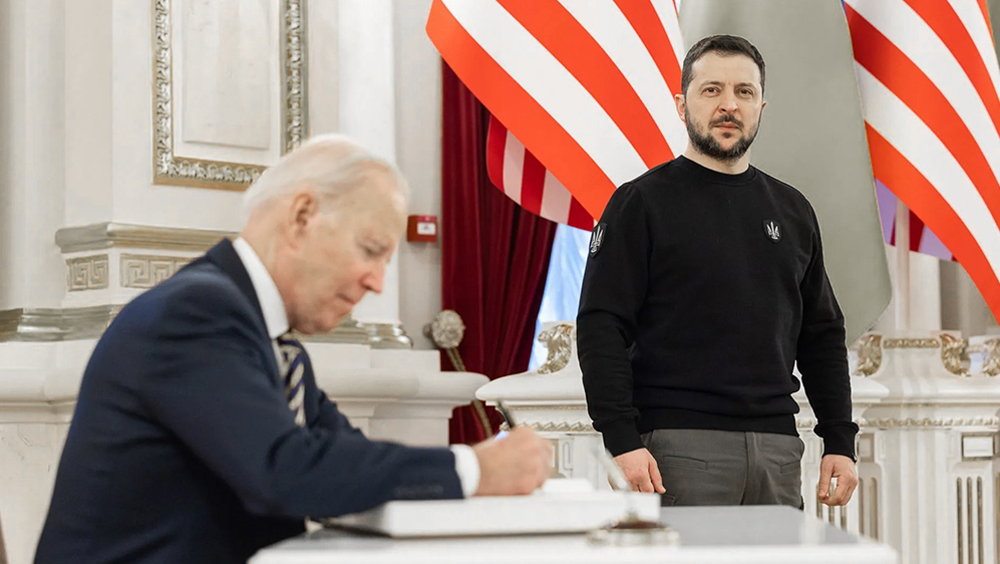



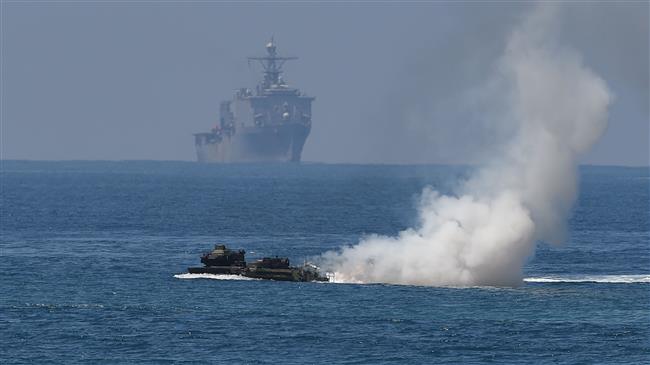
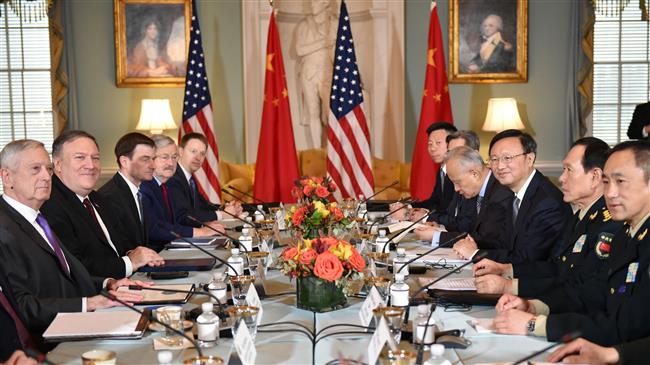

 This makes it easy to access the Press TV website
This makes it easy to access the Press TV website